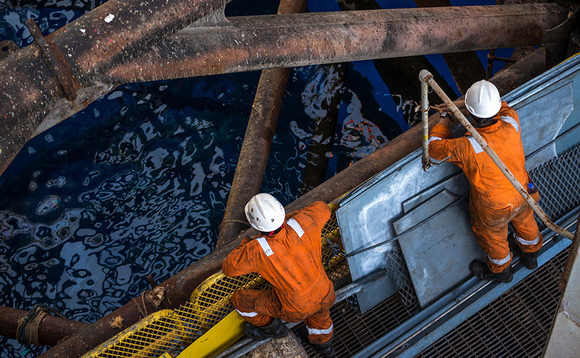
More balanced economy for Norway as tech attracts investors

As the country recovers from the 2014 oil price collapse, former engineers are emerging as entrepreneurs at VC- and GP-backed companies
After two years of declining private equity dealflow in Norway, following the collapse of crude oil prices in 2014, the countryтs activity appears to be on the rise again. Nicole Tovstiga reports
Latest News
Stonehage Fleming raises USD 130m for largest fund to date, eyes 2024 programme
Sponsor acquired the public software group in July 2017 via the same-year vintage Partners Group Global Value 2017
Stonehage Fleming raises USD 130m for largest fund to date, eyes 2024 programme
Czech Republic-headquartered family office is targeting DACH and CEE region deals
Stonehage Fleming raises USD 130m for largest fund to date, eyes 2024 programme
Ex-Rocket Internet leader Bettina Curtze joins Swiss VC firm as partner and CFO
Stonehage Fleming raises USD 130m for largest fund to date, eyes 2024 programme
Estonia-registered VC could bolster LP base with fresh capital from funds-of-funds or pension funds
Back to Top









